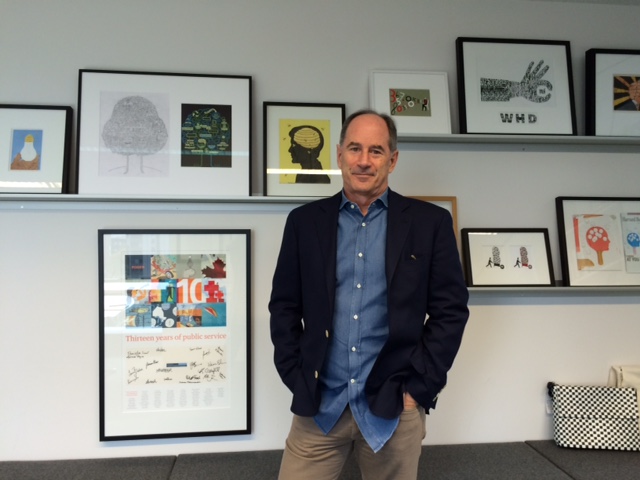When Alan Lafley took over as CEO of Procter & Gamble in 2000, the company was on a downswing. Profits were tanking and many of its biggest brands were losing market share to lower-priced competition. Some of the company’s senior executives urged Lafley to spend more on research and development. They reasoned that P&G needed to introduce exciting new products to spur growth. Others believed just as strongly that P&G had to rein in costs and lower its prices to compete with store brands and private labels.
Lafley considered the options, and then chose neither. Or, rather, he chose both. Over the next several years, he eliminated layers of management and instilled a relentless focus on cutting costs. At the same time, he adopted a new approach to innovation by teaming up with smaller companies to develop new products. Before long, P&G was back on track.
Roger Martin, dean of the Joseph L. Rotman School of Management, tells Lafley’s story in his new book, The Opposable Mind: How Successful Leaders Win Through Integrative Thinking (Harvard Business School Press). It illustrates his concept of “integrative thinking” – the ability to consider two opposing ideas, synthesize them and come up with an entirely new, and better, idea. Martin believes this skill is what sets apart great leaders from merely average ones, and for the past six years the Rotman School has been teaching it to MBA students. Most management books, and many MBA programs, examine what successful managers do. A more useful approach, says Martin, is to study how they think. So he interviewed 50 respected business leaders – sometimes for as long as eight hours – to tease out how they make important decisions.
When attempting to resolve a dilemma, “integrative” thinkers differ from regular thinkers on four key points, writes Martin. They take a broader view of what’s relevant to their decision, more fully explore how these elements relate to each other, consider the problem in all of its complexity rather than breaking it into parts, and don’t accept unpleasant trade-offs in order to find a solution. They always search for a creative outcome.
Martin provides plenty of vivid, real-life examples to illustrate this process, though one wonders if the decisions the managers faced were quite as simple as the either-or choices he describes. (Lafley must either cut costs or boost R and D spending. Hotelier Isadore Sharpe can build either small motels or large business hotels.)
Martin devotes the second half of the book to teaching readers how to develop their own integrative thinking skills. He introduces a lot of new concepts – the section reads a little like a series of compressed MBA classes – but thankfully avoids jargon and provides exercises that allow readers to approach problems as Lafley might. “Reflecting on how you think is a powerful way to change how you think,” writes Martin.While this is true, most of us don’t know where to start. The Opposable Mind provides a map.






